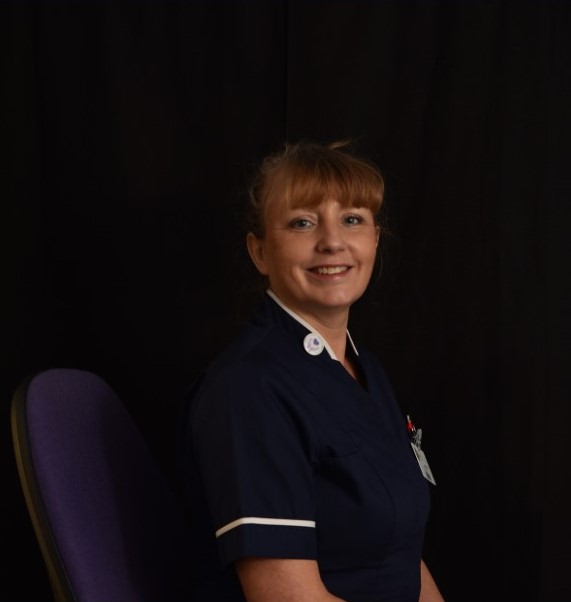How to create the conditions for sustainable improvement
By Nicola Williams, Director of Nursing, AHPs & Healthcare Scientists, Velindre Corporate Trust.

We all want safe, reliable and effective care for our patients and the teams in Velindre are working incredibly hard to learn, improve and steer change to create a meaningful culture of psychological safety. We have the most amazing staff, doing the most amazing things, but in the most challenging of times. My ambition is that everyone really feels that part of their core job is also to help to improve what we do.
My role, along with my board colleagues, is to help create the conditions for improvement to succeed. As chair of the Trust’s Safe Care Collaborative board, improvement teams have a vehicle to bring shared learning and any barriers they are facing so that we can agree a plan to overcome them. I am open and willing to help to do whatever I can to remove obstacles so that they can maintain momentum. Examples include digital access, clinician time, re-prioritisation, and the need for peer support / review.
As trust Executive Lead for the Safe Care Collaborative, I ensure there is robust governance reporting through to the board. I also make sure there is support for teams across the trust to successfully carry out their Safe Care Collaborative improvement projects, as well as ensuring these are fully aligned with our own quality priorities.
The teams at Velindre are learning how to use improvement methodology as they work on their own projects. But they can’t do this without leadership support to provide the time and space to carry out their improvement work to create safe, reliable and effective care for patients.
Ensuring that the board is signed up to, and monitor, the important work we are doing through the collaborative is of particular importance. The collaborative day in November was an opportunity for the teams to share the work they have been doing with members of the board.
Psychological safety
Psychological safety helps to create the conditions for change and most importantly, creates a far safer care environment for our patients, donors and staff.
My role has been to strongly champion psychological safety as a thread throughout all that we do. Psychological safety is our trust leadership and Safe Care Collaborative priority. It is also embedded in our trust priority programme ‘Building our Future Together’. Our priority has been to establish robust cultural norms across the whole organisation from service level through to board, so that everyone feels they can raise concerns, ask questions and speak up with confidence, and that this is received and responded to positively.
Carrying out the improvement work itself has helped teams to work together with greater psychological safety. They are practicing everything they are learning about how to communicate effectively and work together as a team. I encourage them to ask questions respectfully, seek clarity, plan their work together and reflect.
Learning
The Safe Care Collaborative has raised the profile of what we are measuring, which has made us reflect on what data goes to board level and whether this is the right data to support our teams and improve care for patients. We are now refining our measures at board level so that they are meaningful for staff and patients.
The collaborative has helped to re-energise improvement and create positive opportunities to learn with colleagues across Wales as well as to learn how others, for example in Scotland, have tackled improvement and are creating a psychologically safe culture.
Helping to improve what we do is something we can all get involved in so that we can create safer care for our patients, donors and staff.
Find out more about the Safe Care Collaborative here.
